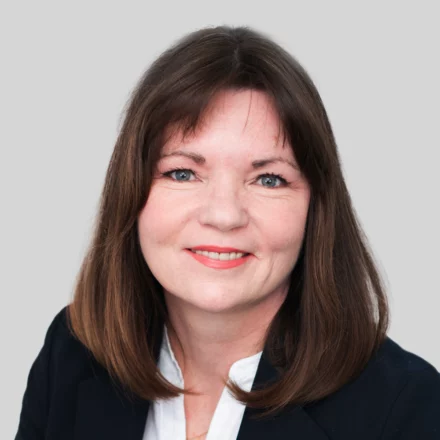
Initiated by the President (Munby, not Trump!), the Sussex Settlement Conferences pilot begins in January 2017, beginning in Brighton but with the aim of extending across Sussex.
This new process can be applied to any Family Law case – public or private – to aid resolution. It seems that the potential for the process to be applied to a case will be considered at an early hearing, but it may also be that a case can be referred at any stage (the guidance is not yet clear). The purpose is to try to resolve some or all of the issues in the case.
This must be by consent of all parties, and no pressure will be applied to any party. Conferences will be given priority listing and lists will be cleared to accommodate them, usually within one or two weeks of referral.
A Judge (CJ or DJ) will conduct a conference with the parties and their legal representatives. This takes place in the courtroom but in a much more informal way than a regular hearing, and the Judge will speak to the parties, who may also speak freely to the Judge. However they may not be seen without their legal representatives. If they are not represented a Cafcass officer or Guardian will be present.
The intention is that the Judge will give a ‘neutral evaluation’ if the parties wish, but should point out that another Judge may disagree with him/her. When the Judge speaks to a party, the legal representative (who may contribute at any stage of the process) is able to address the Judge, object and/or raise any issues.
Anything said during the course of a Settlement Conference is confidential and cannot be used outside of that process.
No pressure will be brought to bear on anyone to reach agreement. Guidance states that if any party has an issue with lack of understanding, or shows signs of emotional pressure or vulnerability, the Settlement Conference must be terminated. The parties may withdraw from the court to reflect on the issues, and return to court later in the day, or even the next day. The conference can also be adjourned to enable further reflection, consideration or for further information to be obtained.
In case the Settlement Conference does not resolve some or all of the issues, a final hearing will be listed so that the parties have that available.
Where the Parties have Legal Aid, the Conference will be allowed as a further IRH if unsuccessful and as a final hearing if successful.
The Judge conducting the conference will not be the case management Judge (unless the Parties agree) and must not be the Judge who conducts the final hearing.
The Judge conducting the conference will not have read all of the papers, just a broad outline. This is deliberate so that the Judge does not stray into considering factual matters and matters in dispute. This, it is said, will better enable the Judge to facilitate and assist the Parties to reach agreement.
The final hearing Judge will not be aware of what happened at the Settlement Conference, which is confidential and goes no further.
The Sussex Family Justice Board will be providing training, and the pilot will be audited by the Ministry of Justice. There has, apparently, already been a very successful pilot underway for over a year in another county, and it will be very interesting to see how this one goes.
